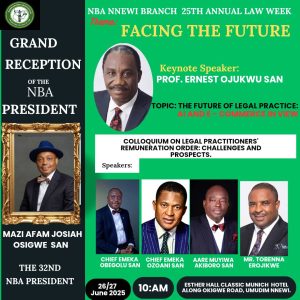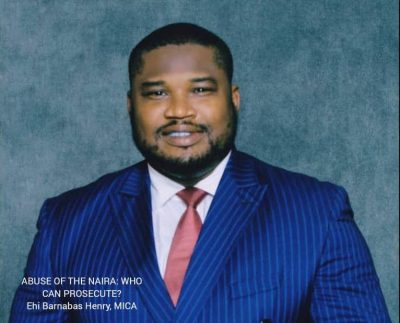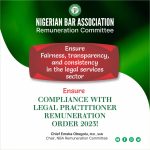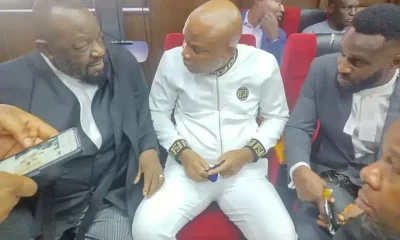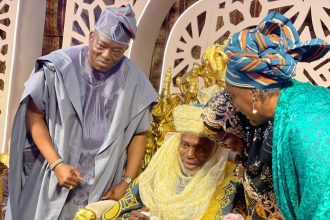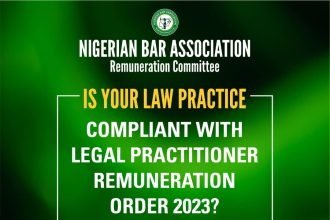The practice of spraying the Naira at social events—once a cultural highlight of Nigerian parties—has come under increasing legal scrutiny, particularly in light of recent enforcement actions by the Economic and Financial Crimes Commission (EFCC).
As the EFCC intensifies its clampdown on naira abuse, questions have arisen regarding the legality of this practice and which agencies have the authority to investigate and prosecute such offences.
Spraying the Naira: A Cultural Norm or Criminal Act?
Section 21 of the Central Bank of Nigeria (CBN) Act, 2007 expressly prohibits the spraying, dancing on, writing on, stapling, tearing, or otherwise defacing the Naira. The prescribed penalty is a fine not less than ₦50,000 or imprisonment for six months, or both.
Thus, despite its cultural acceptance, spraying the Naira is a criminal offence under Nigerian law.

Understanding the Burden of Proof
Like any criminal charge, the burden of proof lies squarely on the prosecution, which must prove the offence beyond reasonable doubt. Key elements include establishing:
- That genuine Naira notes were defaced;
- The accused person’s deliberate or reckless intent;
- Direct evidence (e.g., videos, witnesses, confessions).
The prosecution may face significant challenges, particularly when the defence contests the authenticity of the notes or argues celebratory intent.
Who Has the Power to Prosecute?
Here lies the legal complexity.
While Section 21 of the CBN Act defines the offence, it does not confer investigation or prosecution powers to any specific agency. The Central Bank of Nigeria, by virtue of Sections 1 and 2 of its Act, has the mandate to regulate and protect the integrity of the Naira. However, it lacks arrest and prosecutorial powers, and can only refer cases to law enforcement bodies.
The Role of the EFCC
The Economic and Financial Crimes Commission (EFCC) is empowered by the EFCC Act, 2004 to investigate and prosecute economic and financial crimes. While naira abuse is not explicitly listed as an economic crime, the EFCC has recently undertaken high-profile arrests and prosecutions in relation to naira spraying.

Legally, the EFCC’s involvement appears to hinge on referrals from the CBN. Without such directives, its jurisdiction under the CBN Act remains legally questionable.
Other Enforcement Bodies
Apart from the EFCC, the Nigeria Police Force (NPF), under the Police Act and the Criminal Code/Penal Code, has broad powers to investigate and prosecute offences, including violations of regulatory laws.
Similarly, the Nigeria Security and Civil Defence Corps (NSCDC), with its statutory duty to protect national assets and enforce regulations, can also act—particularly when directed by the CBN.
The Way Forward
A clear, coordinated enforcement framework is urgently needed. The CBN should take the lead by:
- Conducting public enlightenment campaigns;
- Issuing precise enforcement directives;
- Referring matters to competent authorities.
Enforcement actions should be supported by law enforcement agencies acting within statutory limits, with the Federal Ministry of Justice—through the Director of Public Prosecution (DPP)—coordinating prosecutorial efforts to ensure consistency and legality.
Though culturally entrenched, spraying the Naira is a punishable crime, and its enforcement must be both lawful and fair. A harmonized approach, led by the CBN and executed in collaboration with key enforcement bodies, is essential to preserve the dignity of the Naira and uphold the rule of law.
Henry Barnabas Ehi
NBA National Assistant Genenral Secretary.
Read More:
- Nigerian Social Media Users Criticize Police for Alleged Bias in Viral Naira Abuse Video Involving Okoya’s Sons
- Prison: Interior Minister Calls for Institutional Reform

